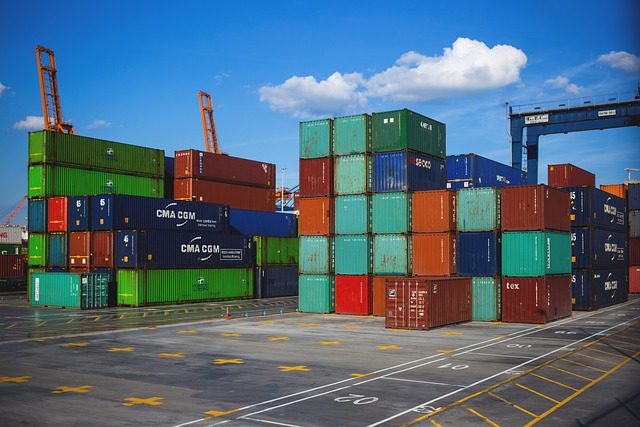Decoding the Intricacies of Real Estate Wholesaling
Introduction: Real estate wholesaling stands as an intriguing and potentially profitable strategy within the property market. Yet, it often remains shadowed by more traditional investment methods. This article aims to shed light on this unique approach, offering a comprehensive look at its historical context, current trends, and possible future implications.

A Historical Overview of Real Estate Wholesaling
Real estate wholesaling, in essence, is a process where an individual, the wholesaler, contracts a home with a seller, markets the home to potential buyers, and then assigns the contract to one of them. The wholesaler makes a profit from the difference between the contract price with the seller and the amount paid by the buyer. Although this strategy has been around for decades, it has seen a steady rise in popularity in recent years due to its potential for high return on investment (ROI) with minimal capital requirement.
Current Market Trends in Real Estate Wholesaling
Today, with the real estate market becoming increasingly competitive, more and more investors are turning to wholesaling as a viable investment strategy. The advent of digital platforms and real estate databases has made it easier for wholesalers to find potential deals, analyze property data, and connect with cash buyers. However, as with any investment strategy, it’s vital to understand the market trends and keep an eye on the changing dynamics to make informed decisions.
Advantages and Challenges of Real Estate Wholesaling
While real estate wholesaling offers several advantages such as the potential for high ROI, minimal capital requirement, and the possibility of quick turnover, it’s not without its challenges. This strategy requires a keen understanding of the property market, exceptional negotiation skills, and the ability to quickly find buyers. Legal issues can also arise if contracts are not properly structured, making it crucial for investors to have a thorough understanding of real estate laws and regulations.
Impact on Buyers, Sellers, and Investors
The potential impact of real estate wholesaling on buyers, sellers, and investors is noteworthy. For sellers, it can offer a quick and hassle-free selling experience. For buyers, it can provide access to off-market properties that may not be available through traditional channels. For investors, wholesaling can serve as a stepping stone into the world of real estate investment, offering a chance to learn the ropes without having to put a large amount of capital at risk.
Backed by Research: Financial Insights on Wholesaling
While there’s no guarantee of success in any investment strategy, research indicates that real estate wholesaling can offer significant returns under the right circumstances. A 2018 study published in the Journal of Real Estate Finance and Economics found that wholesalers can make an average profit of $5,000 to $10,000 per deal, with skilled wholesalers earning even more.
In conclusion, real estate wholesaling is an intriguing strategy that may offer a unique path to profit in the real estate market. As always, any potential investor should conduct their own due diligence and consider seeking advice from real estate professionals before embarking on this or any other real estate endeavor.




